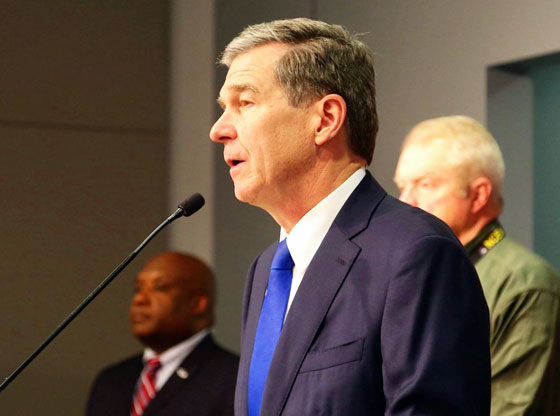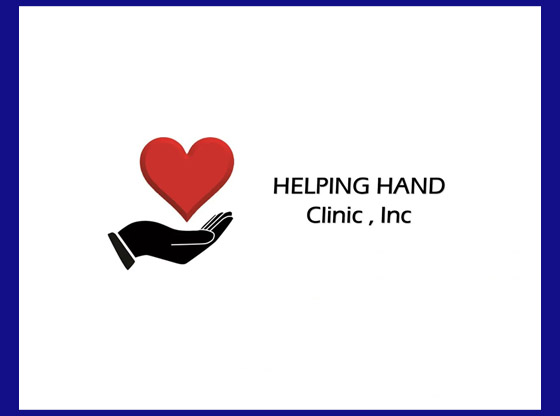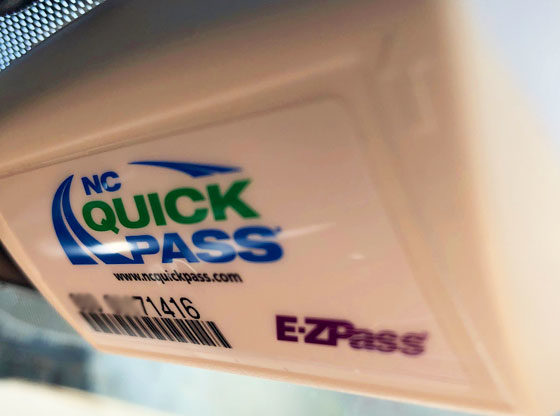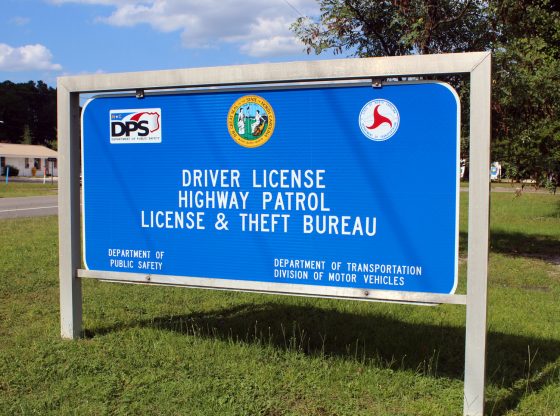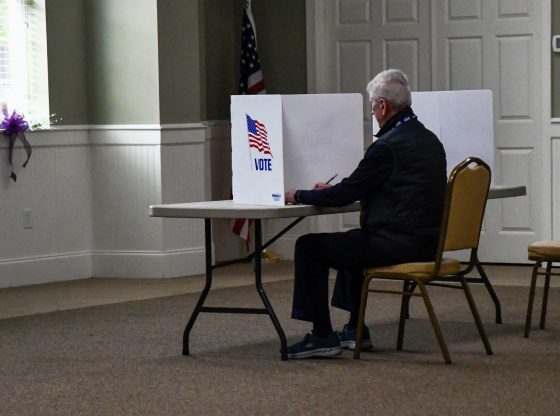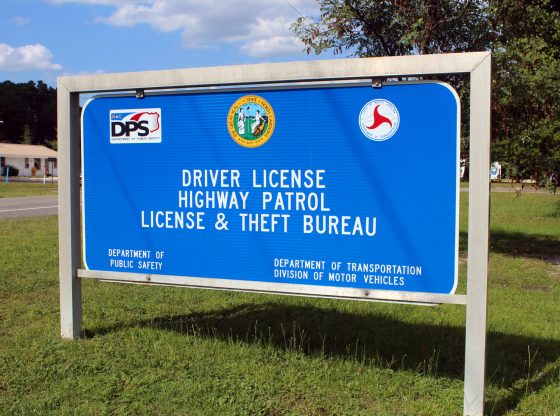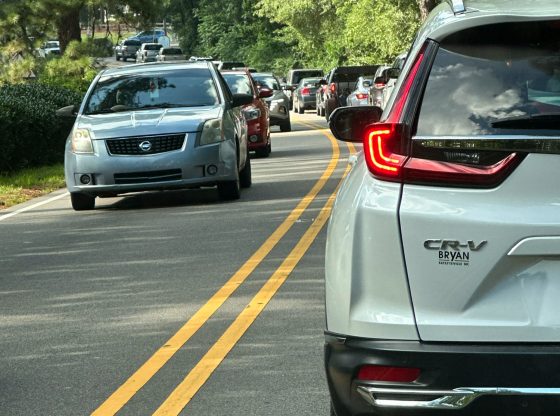North Carolina Governor Roy Cooper signed Phase 1 Monday in the plan to ease restrictions and aid citizens impacted by the coronavirus. Cooper is expected to make an announcement by Wednesday when he will ease the stay-at-home order and transition into phase 1. He is hopeful phase 1 will begin this weekend.
Phase 1 encourages employers to continue teleworking, ensures that businesses practice safety protocol and that employees are screened for symptoms. It also ensures that employers provide adequate measures for vulnerable employees.
The bill passed unanimously and quickly to trace and track the spread of the coronavirus and to aid relief. It is the first step of emergency funding to repair the damage while looking ahead.
An increase to $400 weekly for unemployment benefits was not passed by the general assembly.
“We unanimously felt that way [in support of increase] in the senate, and interested parties discussed it,” Cooper said, and added that they are hoping for federal help toward the end of July.
State leaders are looking at a small business economic relief plan allocating $125 million through the Golden Leaf Foundation in loans. Their discussions shined a light on the disparities of the 50 million people living in rural areas and minorities with historically less health coverage and funds needed for personal computers for students and modified end of grade testing.
Measures for time restrictions on driver’s licenses and tax deadlines were also brought to light.
With a $24 billion state budget, leaders are still expecting a $3 to $4 billion deficit by the end of the year from the COVID-19 impact. Cooper said that leaders need to carefully look at how they fund next year and “not lay off teachers.”
Students in kindergarten through the 12th grade are expected to need remedial learning after the unplanned online learning months and the lax summer months. All aspects of life have been turned upside down, but leaders passed a $1.5 billion relief measure from the CARES Act to help local governments, hospitals, medical personnel, and educational systems.
“It has been refreshing to see them put their differences aside and get legislation passed, and I hope we keep working together,” said Speaker Tim Moore (R).
The state set aside $300 million for the Department of Transportation to keep jobs going and maintain roads.
Under Phase 1, non-essential travel to open establishments will be allowed, social distancing is to be maintained and wearing masks and washing hands is part of that safety protocol. Limits of 10 people or less is still law. Some parks will reopen, but restrictions on playgrounds where contamination may occur is expected to be off limits.
Before Phase 2 is considered, there will be at least a 14-day study on the infection trends. There are currently 11,848 cases, 430 deaths, and 498 hospitalized patients, related to the coronavirus.
“There has been no peak or surge in our state,” Secretary of the North Carolina Department of Health and Human Services (NCDHHS) Dr. Mandy Cohen said.
The congregational care living facilities carries a large percentage of infectious rates, and the state is looking at how to best assist residents and staff.
Written by Sandhills Sentinel Journalism Intern Stephanie M. Sellers.


